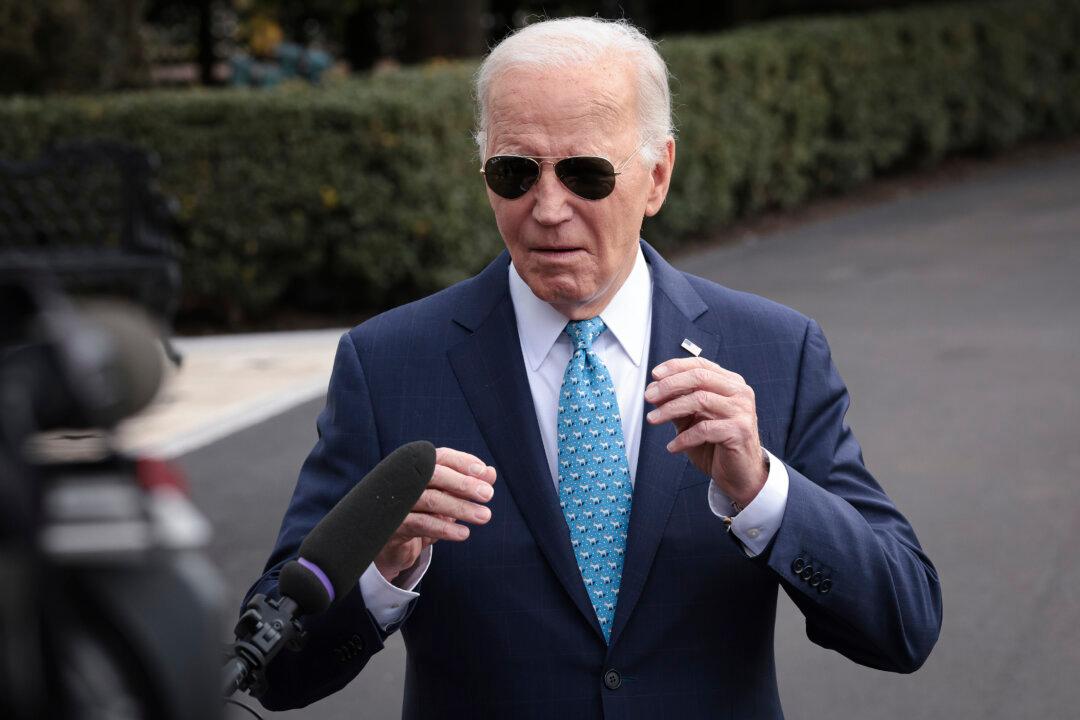The special counsel who led the investigation into President Joe Biden’s handling of classified documents cited the president’s “poor memory” as a factor in the decision not to prosecute him.
In a 388-page report released on Feb. 8, Justice Department special counsel Robert Hur detailed the findings of his 13-month investigation, which included the conclusion that President Biden “willfully retained and disclosed classified materials after his vice presidency when he was a private citizen.”





